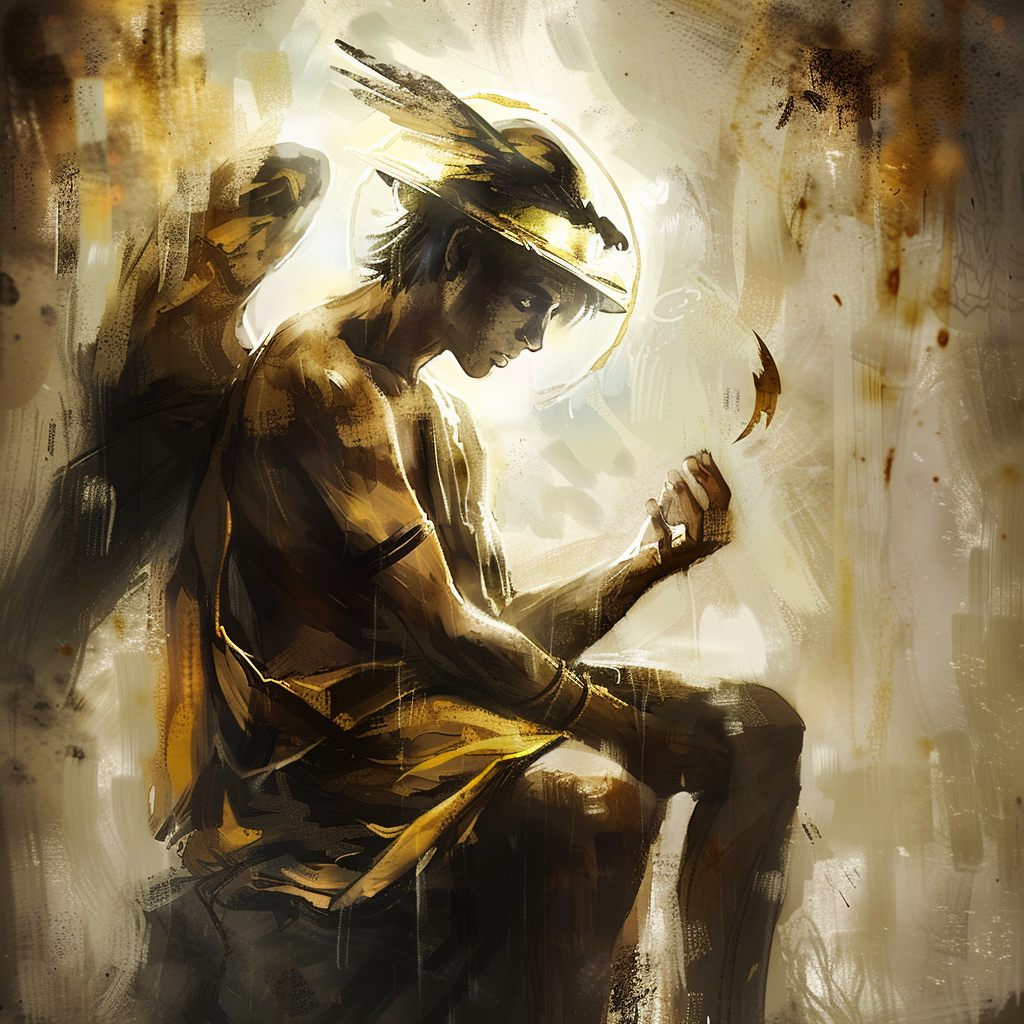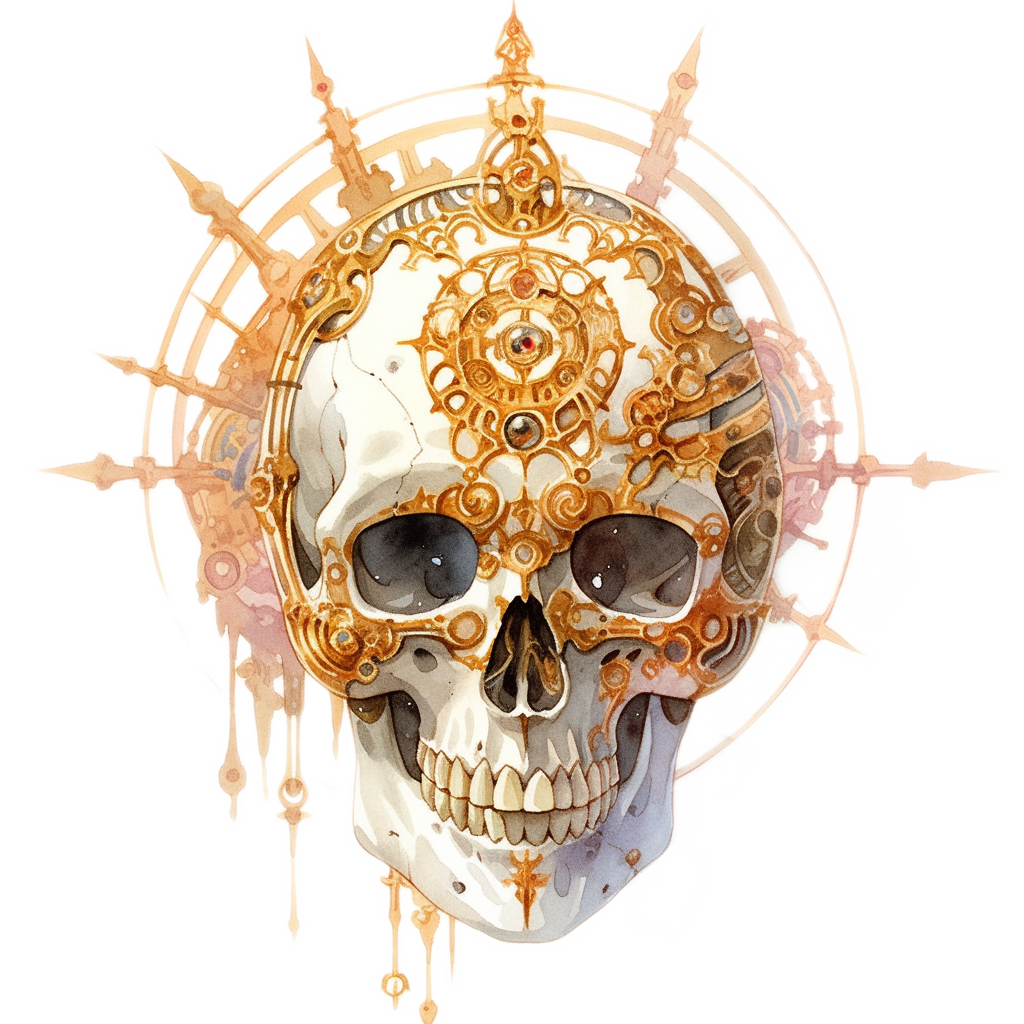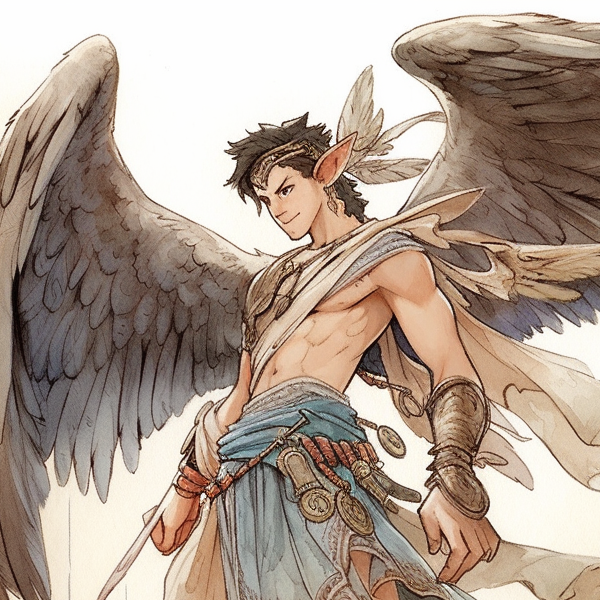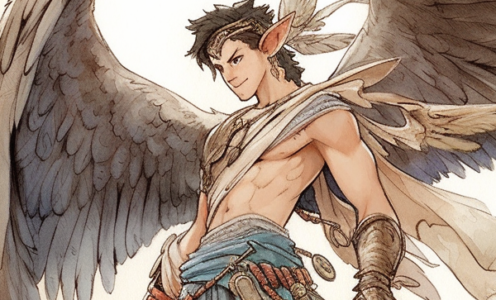Hermes

Mercury, Messenger of the Gods. CG intermediate power of travel, trade, theft, prosperity, language, negotiation, alchemy, gambling, running (He/Him)
Pantheon: Greek
Symbol: Caduceus (a winged staff with two entwining serpents)
Realm: Arborea / Olympus / Olympus
Known Proxies: Autolycus (human thief proxy [he/him] / CN), a son of Hermes, is said to be the greatest mortal thief that ever lived, a cross-trader unlike any other.
Hermes is the son of Zeus and the nymph Maia, one of the seven Pleiades. He appears as a handsome, male youth, wearing a cloak, a winged hat and winged sandals, and carrying a winged staff entwined with two serpents called a caduceus. He has no known spouse, but several children including the god Pan.
The consummate Jack-of-all-trades, Hermes has one of the broadest domains of any of the gods. Most notably he is the chief messenger of the Olympians and herald of Zeus. He gives his patronage to mortal messengers and ambassadors and the skills of their trade: he is the god of travel and blesses those who undertake long journeys, guiding them on their way. This can even extend to the souls of the dead, who are directed to the Underworld by a vision of Hermes Psychopompos.
He is also the god of eloquence and persuasion, patron to orators and diplomats. Always favouring words over violence, Hermes takes no part in combat as has little time for it: it is said that he had to be dragged to the field of battle with the giants in the Gigantomachy.
Trade and commerce are also sacred to Hermes, and merchants look to him to protect their stocks and to ensure favourable deals. To those he favours he brings forth prosperity and abundance, but unlike gods such as Demeter this prosperity tends to be derived from trade and craft more so than the direct fruits of the earth. That being said he has some time for pastoral pursuits, and is a particular patron of shepherds.
The most ingenious of the Olympians, Hermes (along with Prometheus) embodies the spirit of invention and problem-solving. In a similar way he is also the god of thievery and cunning exploit: it is said that, on the day of his birth, Hermes stole fifty cattle from his brother Apollo, driving them backwards into a cave to confuse their tracks. Ever gregarious and congenial however, he bought Apollo’s forgiveness with the gift of a lyre, which he had invented earlier that day from the shell of a tortoise. He was later also to invent the syrinx, the pipes beloved of his son Pan, and is the master of knots and of chains. Some credit him with the invention of writing, and as Hermes Trismegistus (“thrice greatest”) he is a god of alchemy and of scientific investigation.
Despite often acting on the orders of other gods, Hermes is known in his own right for his speed, his cleverness, and his charm. He is a prankster and a consummate thief, but would never steal from those who could not afford it, and unlike many of his peers he gives more often than he takes. Gnomes hold Hermes in particular reverence, and he is one of the most frequently worshipped deities in gnomish settlements alongside Dionysus. He is also a patron of athletes, especially runners.
Clergy, Temples, and Worship
Though there are many gods more powerful than Hermes, he is one of the most loved and worshipped by mortals due to the many gifts he brings to them. His image is often placed on the gates of buildings, both as a symbol of protection and an offering for prosperity.
Priests of Hermes are often not associated with a single temple, serving dual purpose as ambassadors or messengers. This makes it a double blasphemy to harm a priest of Hermes in the discharge of their duties, as Zeus himself upholds the inviolability of heralds. They are constantly on the move and encourage their followers to do likewise. Hermes’ clergy also regularly preside over market days and oratory competitions.
Despite the ubiquity of his worship, large temples dedicated solely to Hermes are comparatively rare. Those which do exist are usually located at the site of fast-flowing springs, and are places of conference and discourse. More commonly temples to Hermes are built into larger complexes containing courts, markets, and gymnasia. Wayshrines dedicated to Hermes are dotted throughout the lands and serve as places of rest and safety for weary travellers. He is also particularly willing to share his temples with other gods, most frequently Aphrodite, Dionysus, Prometheus, and Zeus. Public libraries are frequently dedicated to Hermes. Market days in towns and cities are held as holy days to Hermes. Apart from these, his most notable festival is the Hermeia, in which servants are waited on by their masters, and athletic competitions are held at which only young boys are allowed to compete (Artemis holds similar games for girls).
Source: Aaron Masters and Jon Winter-Holt



